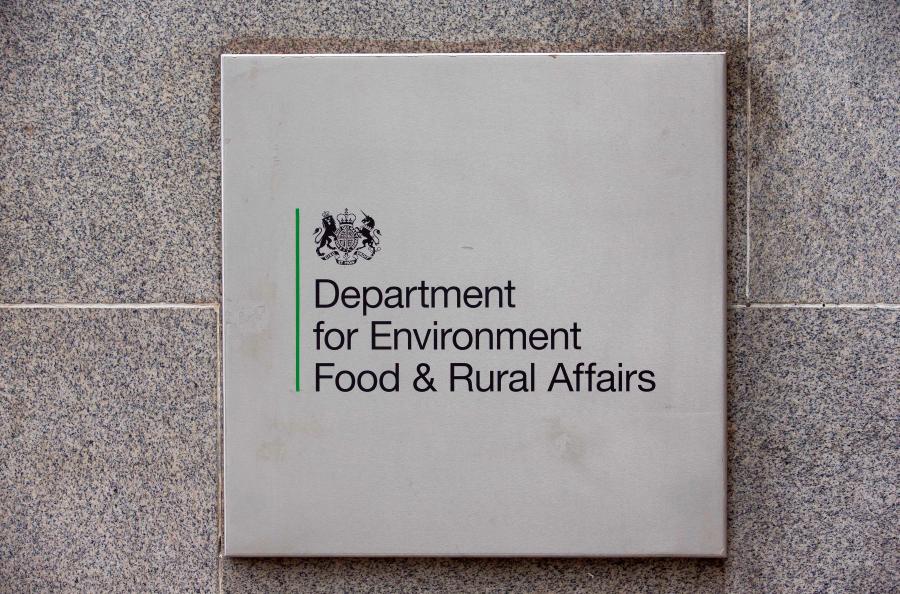Transfer rural affairs from Defra to Ministry of Housing, Committee says

A House of Lords Committee has recommended that rural affairs should be transferred from Defra to the Ministry of Housing, Communities and Local Government.
According to a Committee’s scrutiny of the Natural Environment and Rural Communities Act 2006 (NERC Act), the government has "diminished" the resources given to departments and bodies which protect the natural environment and rural communities.
It says this has had a "profound and negative" impact on England’s biodiversity and the social and economic welfare of rural areas.
The Committee highlight that independent bodies created by the NERC Act, such as the Commission for Rural Communities, have been abolished.
It explains that their loss has "significantly weakened" the Government's understanding of rural society, leading to policy changes that fail to account for the negative impacts for people in rural communities.
The Committee also found that there has been a "consistent failure", over a number of years, to prioritise the 'rural affairs' element of the departmental remit of the Department for Environment, Food and Rural Affairs (Defra).
The focus of the department has been "consumed" by its work on agriculture and the environment and this will only intensify as a result of Brexit, according to the Committee.
It says the lives of those who live in the countryside have been "neglected" as a result.
The Committee therefore recommend that responsibility for rural policy should be transferred from Defra to the Ministry of Housing, Communities and Local Government.
According to the Committee, the Minister of Housing already deliver many of the key services that support rural vitality.
Natural England
The findings also concluded that Natural England – the organisation created by the Act and charged with protecting, enhancing and promoting the natural environment – has "lost its independence and influence".
It says the body has "insufficient resources" to deliver its full range of environmental objectives, which is due to "persistent funding cuts" and "increasing central control".
Key tasks, such as the promotion of public access to the countryside and the protection of important landscapes, are being "diminished" as a result.
The Committee calls on the Government to address this situation "urgently" and recommends that Natural England should be "properly resourced" so it can deliver its full range of statutory duties and responsibilities.
Section 40 of the Act states that any public authority "must have regard to the purpose of conserving biodiversity”, but the evidence received by the Committee suggests that this biodiversity duty has been ineffective.
It explains that the state of biodiversity continues to decline with the Government not taking enough action to promote awareness and understanding of the duty.
The Committee recommend that the Government should introduce new reporting requirements and consider changes to the wording of this duty, as it is currently "weak and unenforceable".
'Failing'
Lord Cameron of Dillington, Chairman of the Committee, said that it is clear the government are "failing" to take account of the needs of rural communities.
“Departmental decisions and policies continue to demonstrate a lack of rural understanding among Whitehall policymakers," Lord Dillington said.
“Each and every Government department should be required to think about the ways in which their policies affect rural people, and the Government must take action to ensure that this ‘rural-proofing’ of policy happens.
“The Government needs to act now, before our natural environment, protected species and cherished landscapes suffer further damage."
The CLA, which represents landowners and farmers says the Committee is right to highlight the impact of the loss of key agencies.
CLA Director of External Affairs Shane Brennan said: “More can be done and the restructuring that Brexit requires is an opportunity to do that.
"Where the responsibility sits within Whitehall departments is less important than there being a dedicated Minister to focus on championing rural affairs across government. We are committed to working with the Ministerial team to improve decision making on key issues from housing, to business growth and delivering rural connectivity."








